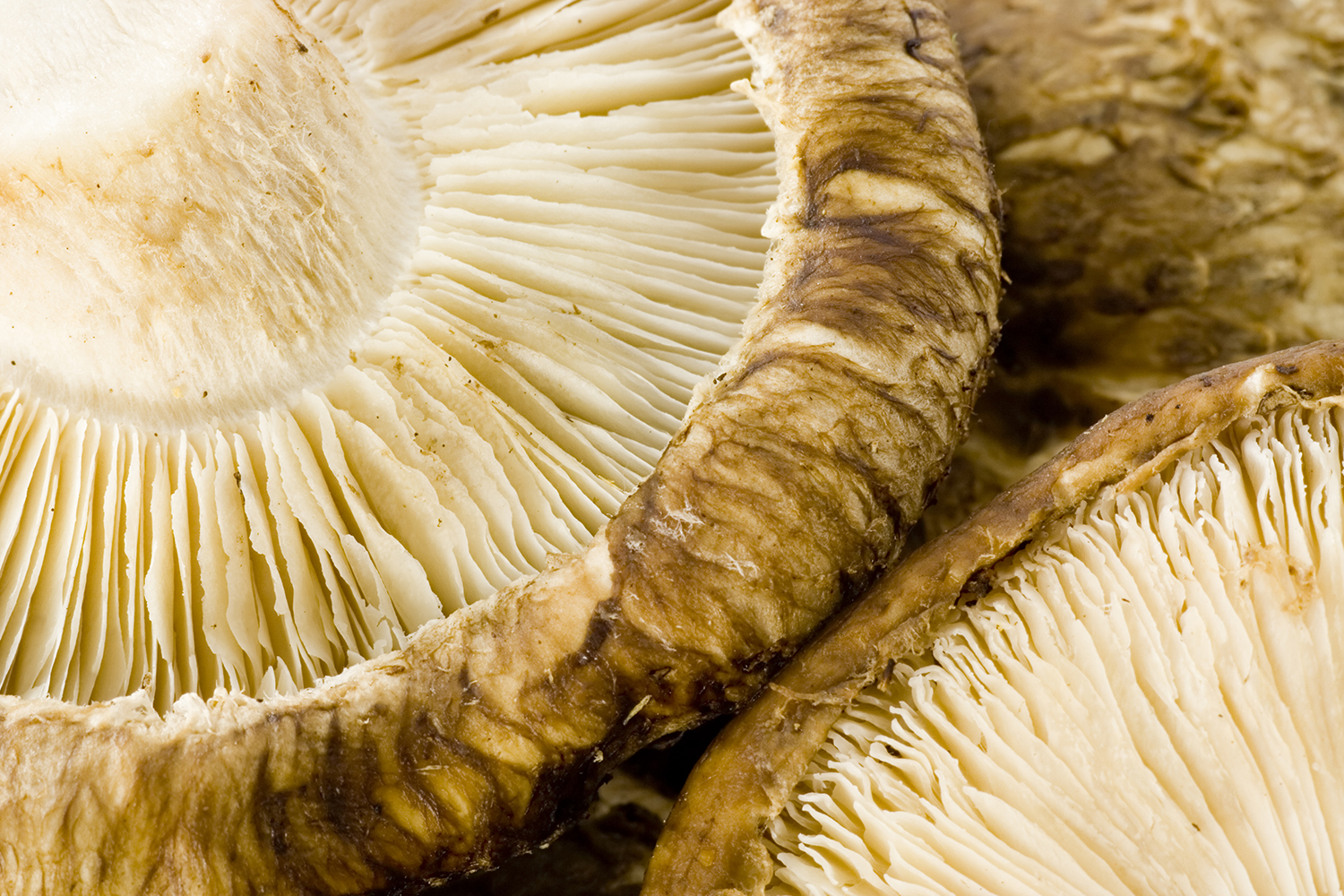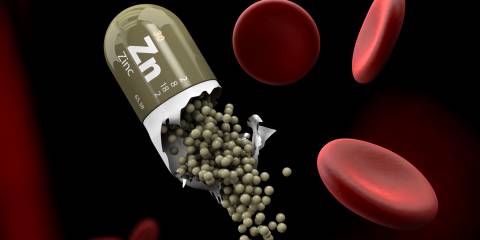Aside from being diligent about commonsense practices like handwashing, is there anything you can do to remain healthy during flu season, especially as the threat of COVID-19 looms?
Your best bet is to keep your immune system in tip-top shape.
What is AHCC Mushroom Extract?
AHCC stands for active hexose correlated compound. It’s an extract of hybridized shiitake mushroom mycelia (root system).
What is AHCC Used For?
AHCC’s oligosaccharides are linked to immunomodulatory effects.
Does AHCC Have a Scientific Basis?
It has been studied by various institutions, including Harvard Medical School and Yale University School of Medicine, over 20 years.
Has AHCC Been Tested on People?
In both human and animal studies, AHCC has been shown to activate and enhance immune cells in the body.
How Does AHCC Help Immunity?
It has been shown to aid white blood cells called NK (natural killer) cells and NKT (natural killer T) cells.
What are "Natural Killer" Cells?
These white blood cells are part of the body’s innate defense mechanism, and immediately attacks against viral threats.
Enhanced cell response has been linked to the ability to clear infections more quickly.
Is AHCC Effective Against the Coronavirus?
While it has not yet been evaluated for covid, AHCC has shown to have protective effects against infectious diseases, including H1N1 influenza, H5N1 avian (bird) flu, and West Nile virus.
Testing AHCC Against Infectious Diseases
-
Swine Flu (Influenza A virus subtype H1N1)
In one study, mice supplemented with AHCC showed increased survival against H1N1. The mice were able to maintain body weight as opposed to controls, which indicates less severe infections. AHCC enhanced NK cell activity in the lungs and shortened recovery time.
-
West Nile Virus
In a 2009 study, mice were infected with what should have been a lethal dose of West Nile virus. One group received AHCC at various intervals before and after being infected. The survival rate of mice treated with AHCC was more than twice that of the controls. AHCC also increased the number of antibodies to that virus in the blood.
-
Bird Flu (Influenza A virus subtype H5N1)
In another study, mice were infected with the flu virus after receiving the H5N1 vaccine. Eighty percent of the vaccinated mice survived; 100 percent of the mice that also received AHCC lived.
In another study, mice were infected with 100 times the 50 percent lethal dose of the avian flu. All the control mice that did not receive AHCC died within 12 days. Thirty percent of the group given AHCC before infection were alive at 28 days.
-
Seasonal Flu
In one human study, people received the seasonal flu vaccine. Some of the group also received 3 grams of AHCC daily for several weeks. Blood samples showed that those who received AHCC in addition to the vaccine showed significantly improved numbers of NK cells and T cells. The increase in cells was most notable in people over 60.







